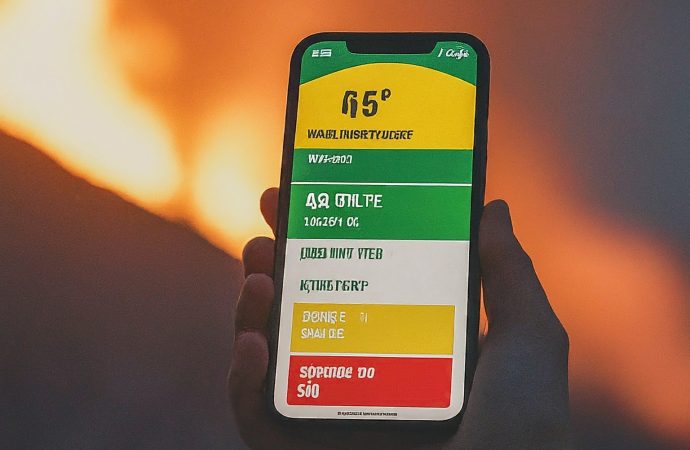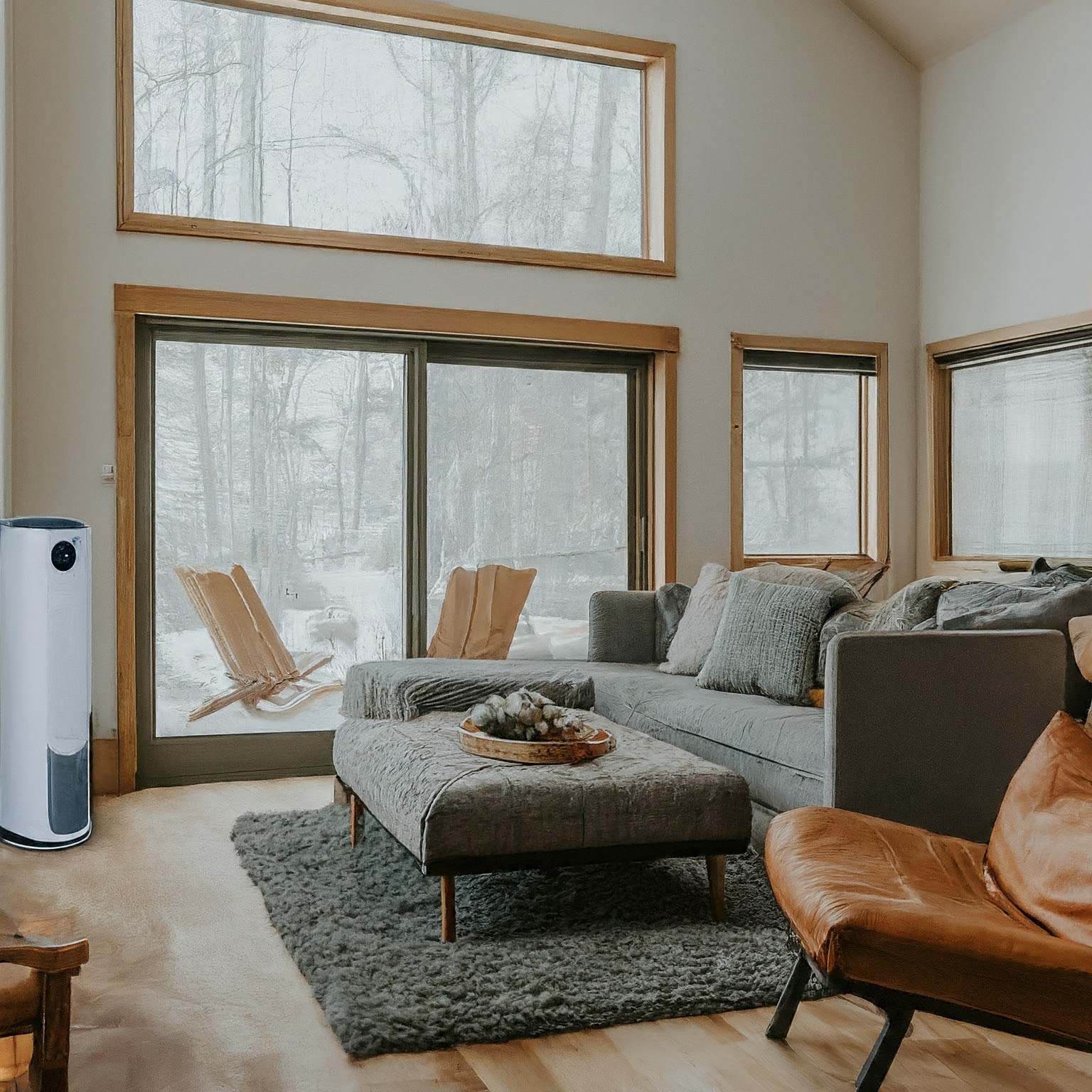Introduction Dr. Sarah Jones, a certified pulmonologist with over 15 years of experience treating respiratory illnesses, joins us today to provide valuable insights on how to protect your lungs during wildfire season. Smoke inhalation can irritate the lungs, worsen symptoms, and increase the risk of respiratory infections. However, there are steps you can take to
Introduction
Dr. Sarah Jones, a certified pulmonologist with over 15 years of experience treating respiratory illnesses, joins us today to provide valuable insights on how to protect your lungs during wildfire season. Smoke inhalation can irritate the lungs, worsen symptoms, and increase the risk of respiratory infections.
However, there are steps you can take to safeguard your health throughout wildfire season. This article explores five key habits to keep your lungs healthy and breathe easy even when the air quality dips.
Understanding the Risks of Wildfire Smoke
Wildfire smoke is a complex mixture of gases and particles. These particles can lodge deep within the lungs, triggering inflammation and irritation. Smoke exposure can worsen existing respiratory conditions and lead to:
- Coughing
- Shortness of breath
- Chest tightness
- Wheezing
- Eye irritation
In severe cases, smoke inhalation can aggravate asthma attacks and increase the risk of pneumonia.
5 Essential Habits for Healthy Wildfire Season
By incorporating these simple habits into your routine, you can significantly reduce your exposure to wildfire smoke and protect your lungs:
Habit 1: Limit Outdoor Activity When Air Quality Suffers
During periods of heavy smoke, minimize outdoor activity, especially strenuous exercise. Check air quality reports regularly and stay indoors when the Air Quality Index (AQI) reaches unhealthy levels.
Habit 2: Create a Smoke-Free Haven Inside Your Home
Seal windows and doors to prevent smoke infiltration. Consider using weather stripping or door draft guards for a tighter seal. If smoke does enter, run your air conditioner with the recirculation setting on.
Habit 3: Invest in Air Purifiers for Enhanced Filtration
High-Efficiency Particulate Air (HEPA) purifiers effectively remove smoke particles from indoor air. Look for purifiers sized appropriately for your living space.
| Habit | Benefit |
|---|---|
| Limit Outdoor Activity | Reduces smoke inhalation |
| Create Smoke-Free Haven | Improves indoor air quality |
| Invest in Air Purifiers | Removes pollutants from air |
| Stay Hydrated | Thins mucus and eases congestion |
| Stay Informed | Allows for proactive measures |
Habit 4: Don’t Forget the Power of Hydration
Staying hydrated helps thin mucus and clear irritants from your airways. Drink plenty of water throughout the day, even if you don’t feel thirsty.
Habit 5: Stay Informed and Prepared
Monitor air quality reports and wildfire updates from reliable sources. Prepare a well-fitting N95 respirator for emergencies when venturing outdoors becomes necessary.
Conclusion: Breathe Easy and Stay Healthy During Wildfire Season
By following these simple habits and staying informed, you can empower yourself to breathe easy and safeguard your health throughout wildfire season. Remember, prioritizing your lung health is crucial. If you experience concerning respiratory symptoms, consult your doctor promptly.

















